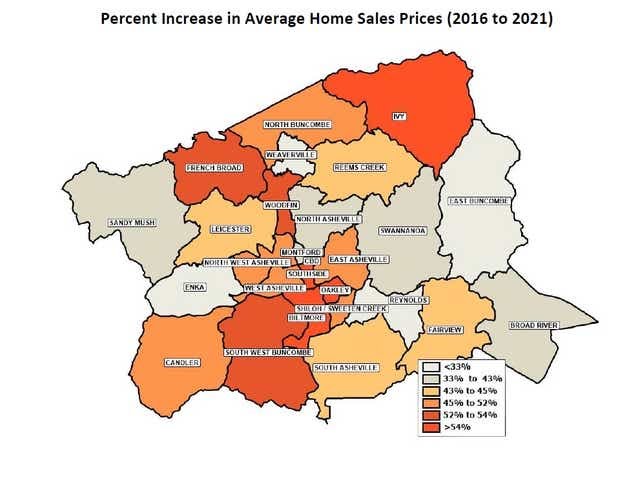History
Southside Community Farm (SCF)’s primary location is a 0.5 acre plot located in Southside Neighborhood, one of Asheville’s historically Black communities. The farm is situated in the former playground of the Livingston Street School, which educated Black children in Asheville until it was closed in 1970 by a desegregation order. Today, the building is named the Arthur R. Edington Career & Education Center in honor of the school’s last principal.

Photo credit: Asheville Citizen Times, “Visiting Our Past: Southside had community before renewal and integration“.
Southside was once part of the East Riverside community– a bustling Black economic center which included 1,100 homes, six beauty parlors, five barber shops, five filling stations, fourteen grocery stores, three laundromats, eight apartment houses, seven churches, three shoe shops, two cabinet shops, two auto body shops, one hotel, five funeral homes, one hospital, and three doctor’s offices. In the 1960s and ’70s, Asheville’s urban renewal project, the largest in the southeastern United States, impacted more than 400 acres of land and destroyed that hub of Black economic power. Read more about the East Riverside urban renewal project here.
Southside is now a rapidly gentrifying neighborhood, where home prices have skyrocketed since 2016 (Asheville Citizen Times, “New Report: Southside home sale value hikes higher than any other Buncombe neighborhood’s“). Just like redlining has historically blocked Black people from being able to purchase homes in our own neighborhoods, gentrification breaks up our communities, prevents us from connecting with the land, and disempowers us economically. The neighborhood also exists in food apartheid and is home to three low-income public housing developments, namely Erskine, Walton Street and Livingston Heights.

Photo credit: Asheville Citizen Times, “New Report: Southside home sale value hikes higher than any other Buncombe neighborhood’s“.
SCF was founded as “Southside Community Garden” in 2014 by neighborhood residents Roy Harris, Shuvonda Harper, Musa Farfan, and Gwen Hill as a way to bring healthy food to Southside. Originally, their dream was to start a grocery market in the neighborhood, but because they did not have the funding to do so, the community farm was born out of necessity and innovation. The farm originally consisted exclusively of row crops but later evolved to also include a hoop house, raised beds, fruit trees, berry bushes, and a pavilion. In addition to the farm plot at 133 Livingston Street, SCF also cares for Southside Community Orchard, a small apple orchard and food forest adjacent to Herb Watts Park at 214 Livingston Street, and a medicinal herb plot next to Burton Center Head Start (59 Gaston St). In 2021 we took another step towards community food sovereignty when we started the BIPOC Farmers Market as a way to support Black and Brown vendors and bring diverse, EBT-accessible foods to the neighborhood.

Today, Southside Community Farm is still dedicated to building collective power as marginalized people. We believe in creating pathways to free, healthy food access, building small-scale economic power, and celebrating the richness of Black culture. While the history of Southside can be viewed through a lens of oppression and loss, we believe in celebrating the resilience of our people through abundance, connection, and the healing power of good food.

